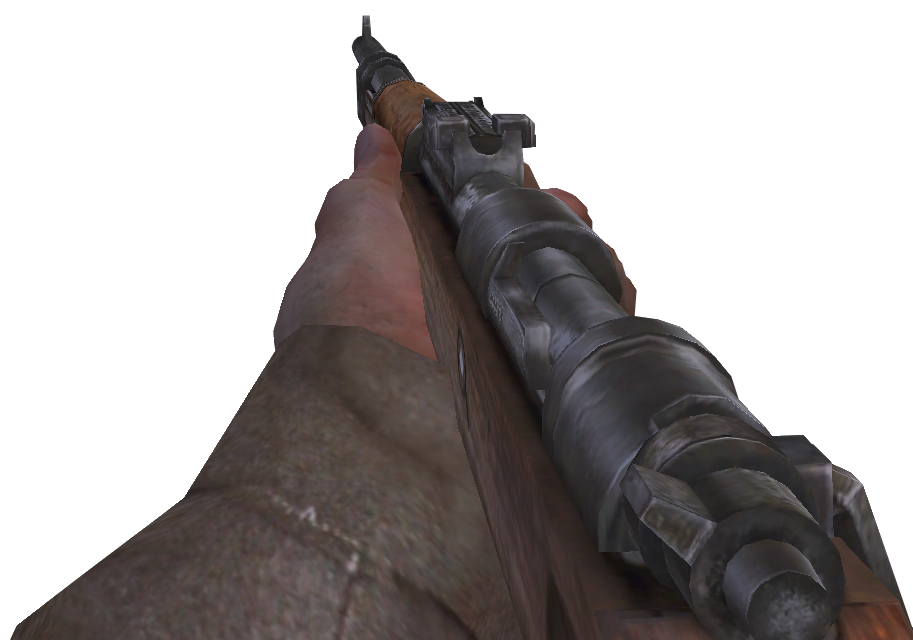

► The German V-2 ballistic missile was used as a long-range artillery weapon. Germany and USSR came together, thus dividing Europe. Britain and France, allied with Poland, threatened Germany with a war.

► Adolf Hitler and the Nazis made unreasonable demands.

The treaty had weakened Germany and hence proved to be a trigger for the rise of Fascism and Hitler’s dominance in the country. Germany lost territory and had to face economic problems. Though it was meant for establishing peace, it did not satisfy the Germans. ►The Treaty of Versailles was an important cause of the Second World War. This too, played a major role in triggering the war. ► The alliances between Germany, Austria-Hungary, and Italy formed the Central Powers to stop the triple alliance between France, Britain, and Russia called the Allied Powers. ► German U-boats sank US submarines which led to the United States declaring war on Germany. ► The imperialistic and territorial rivalries between Great Britain, France, Germany, Russia, and Austria-Hungary were another cause of the war. Austro-Hungarians waged war against Serbia. ► The assassination of Archduke Franz Ferdinand of Austria was one of the events that triggered the war. Here, we try to compare to the two world wars with respect to their causes and effects. Also, the way in which peace settlement was done at the end of the first war, became a major contributing factor to the second one. The economic instability brought by the First World War led to the rise of Fascism in Europe, which is one of the factors that further led to the Second World War. Some countries refused to come to the table to negotiate peace terms. Here, we try to compare the two world wars on the basis of their causes, effects, and the tactics and strategies used in the two.ĭuring World War I, with several claiming hierarchical control and princely states refusing to shed their independence, the differences peaked. There were millions of casualties and the outcomes were disastrous. That’s exactly what was seen in both the world wars. Conflicting ideologies between countries, and their ambitions to gain supremacy, may take the ugly shape of a war, which may involve only those countries, or sometimes, the whole world. Can the world not live in peace? While some argue that wars are necessary to establish peace, others say that they are fought out of the hunger for power. Switzerland maintained neutrality during both the world wars.


 0 kommentar(er)
0 kommentar(er)
